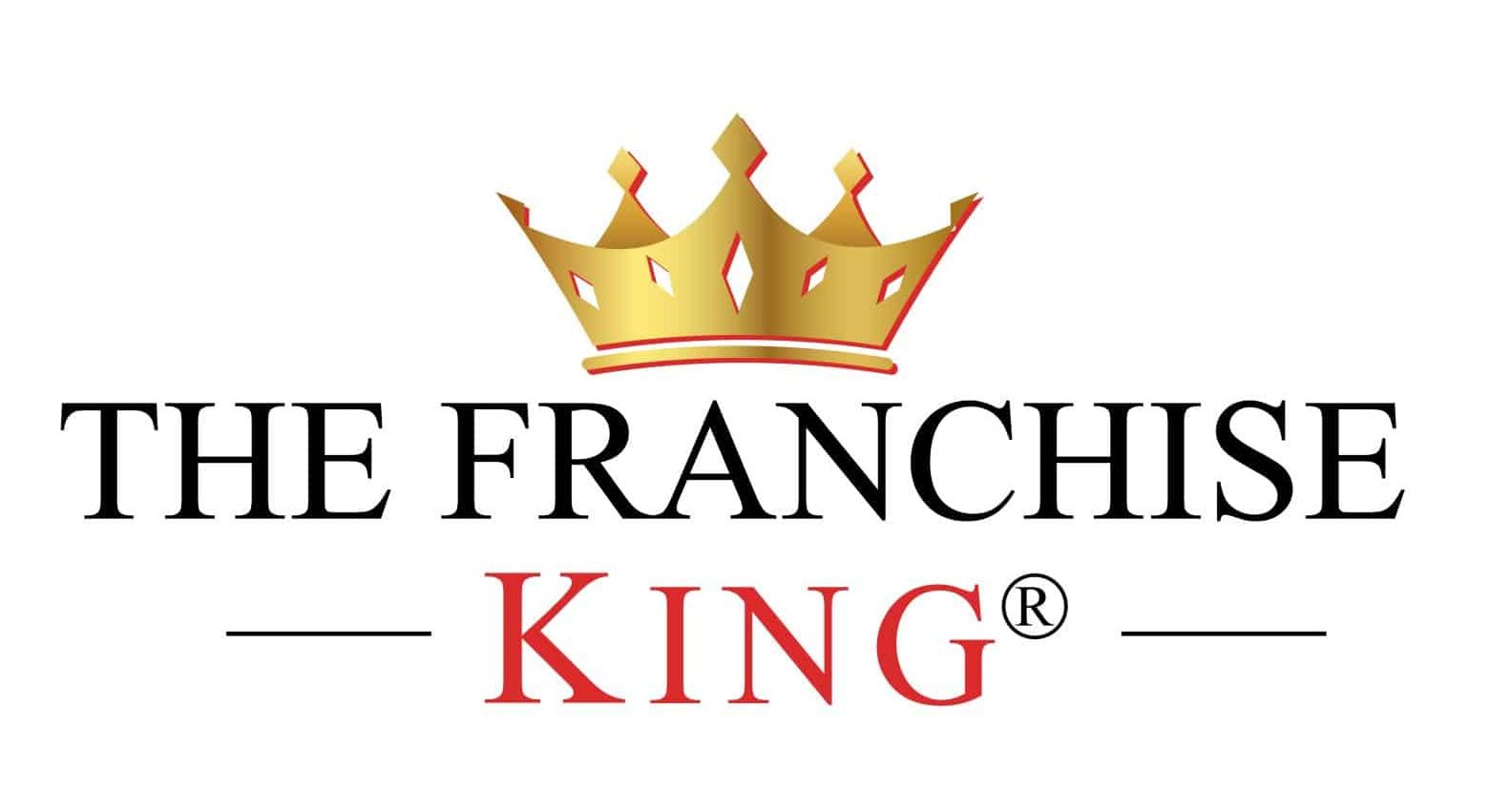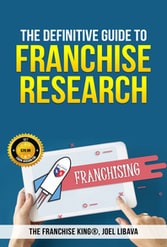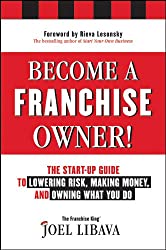
(Guest Post)
In the world of business, one is always left testing the waters and taking risks. Profit is never really certain; hard work and concrete plans are in high demand if we want to be rewarded. And in most cases, the reward only comes in a long, long …long time!
Yes, it’s worth stating that three times, because it is a struggle indeed.
But what if there was an option that would guarantee us that we’re going to rise immediately, reputation-wise and profit-wise? Do we jump on this magical offer or do we consider the odds and think of it as a “too good to be true” deal?
Well, those are precisely the questions that pop out in the back of our heads, when we think about buying and investing in a restaurant franchise. We might get all hyped up in the beginning, as we see ourselves involved in promoting a successful brand with a good reputation. That is until we understand the work that is needed to bring that vision to life. So just like we do with every dilemma in our lives, we weight it down, we point out the benefits and disadvantages.
The Benefits Of Restaurant Franchises
1. No brainstorming on the concept
When individual businesses are brought to life, before everything, there must be a concept. The owner must be a creative person, in advance, and think of an idea on how the place will look, the impact that it will have on people, the kind of customers you want to attract, the menu, costs, and marketing.
You also have to worry about customer feedback regarding your choices. These, and so many more trivialities that are not required when you decide to buy a restaurant franchise. Everything is already set, and you’re practically accepting to raise an already delivered baby. Now, how you grow it, that’s another story!
2. Reputation follows
Although this phrase may also have a negative connotation, in our case, we are referring to the positive scenario. Most of the restaurant franchise owners are well-respected in their communities, therefore benefiting from their authority is a good strategy.
Known by practice, customers won’t even care if the person buying the franchise is an experienced person or a complete beginner. They will expect the same quality of the product brand in every place. Getting built-in customers is one of the greatest things on deciding to buy an established brand that has taken all the risks in its foundation and is now self-sufficient.
3. In-depth training
The pool of support from the franchisor also covers the training aspect. Before launching the restaurant, franchisees can benefit from very detailed training programs regarding everything relevant to owning the franchise business and making it succeed.
Franchisors will provide in-depth training starting from systems and manuals, brand standards, marketing, quality control, equipment costs all the way to leadership and further development.
A good franchisor knows that these will all lead to customer satisfaction and profitable business. Training usually is provided through the turnkey package.
In a turnkey package for franchise buyers, the franchisor includes everything from finding the site, signing the lease, buying everything needed to start the business, completely building out the unit, and training the staff (occasionally even hiring the staff).
4. Startup financing
Individual businesses have a harder time getting a loan from the banks and have to provide very detailed data regarding their bank history and professional background.
Although the same is mostly required from the franchisee as well, banks may be more prone to provide funding for food service businesses because of the existing knowledge they have about the franchise’s product or service.

Disadvantages Of Restaurant Franchises
1. Limited independence
Considering that the turnkey package covers pretty much everything you need to launch the franchise, the franchisor will expect you to succeed based exactly on what you have been trained. There is little to no room left for creativity, and your freedom to expand or change the business is also limited.
That said, the franchisor typically makes most decisions in regard to choosing suppliers and pricing their services. Getting into this business means you have to understand that you own the restaurant, but not the actual brand and that you are strictly required to go through the operating procedures and methods put in place by the franchisor.
2. Royalties
the franchise royalty is a sum paid to the franchisor usually for the ongoing rights to participate in the franchise and may also cover specified advertising and other support activities provided by the franchisor. Although this might sound good in the beginning, you will soon understand that you have to share your profit and that these payments will have to be regularly conducted. And don’t forget the upfront franchise fee that needs to be paid when you buy the franchise.
3. High employee turnover rate
Employee retention is one of the biggest challenges in owning a food franchise.
Considering a large number of employees that are usually required, the long, inflexible hours, low payments and the dynamic pace, it has become a norm always to expect a high employee turnover rate in this business.
Keeping committed employees and training them with the skills they need to know in order to promote the franchise’s work ethic is a real struggle. Most of the time, you will be expected to constantly recruit, train, and retain your staff, which is consuming and costly.
4. Dependency on other franchisees
To add it to the list, not only are you limited in independence from your franchisor, but you are also depended on the chain’s reputation.
If other franchisees are performing bad, this may affect your franchise’s reputation and profit as well, as customers usually will generalize and blame the whole brand rather than trusting in the exclusivity you have in one territory.
In summary, despite all the advantages and disadvantages, The International Franchise Association says that franchise businesses are well-known for creating jobs faster than the national average. It says, “Franchise businesses will grow at rates that exceed the economy-wide growth of industries where franchises are concentrated.
So weigh down your pros and cons, and consider all the odds of becoming or not part of this dynamic business.
(Valmira Rashiti is a practical mystic, book worm and very fond of words, whether written or spoken. She currently writes for Kiwi, which is a restaurant LMS that aims to help restaurant owners train their staff in an easier and more effective way. In addition, they offer online training courses for different restaurant services.)
About the Author
The Franchise King®, Joel Libava, is a leading franchise expert, author of "Become a Franchise Owner!" and "The Definitive Guide to Franchise Research." Featured in outlets like The New York Times, CNBC, and Franchise Direct, Joel’s no-nonsense approach as a trusted Franchise Ownership Advisor helps aspiring franchisees make smart, informed decisions in their journey to franchise ownership. He owns and operates this franchise blog.
Note: When you buy through links on this website, we may earn an affiliate commission.









